Advice from Brockton's Ken Feinberg: ‘Don't plan too far ahead. You will be proven wrong.'
- Oops!Something went wrong.Please try again later.
BROCKTON – A West Side kid grows up to mediate settlements for the nation's worst tragedies: Loved ones killed in the 9/11 attacks, soldiers getting cancer from Agent Orange, parents of children gunned down at Sandy Hook Elementary.
Fiction, right?
Nope. It's Kenneth Feinberg's life.
Feinberg lives in Washington, D.C., where he runs his law firm. He's coming home to Brockton in October as guest of honor at the COVID-delayed Brockton Neighborhood Health Center Gala. Also delayed by the pandemic was the release of a movie based on Feinberg's book, "What is Life Worth? The Unprecedented Effort to Compensate the Victims of 9/11." The movie, "Worth," is showing on Netflix. Michael Keaton plays Feinberg.
We caught up with Feinberg via videoconference on Monday, Aug. 29. The following transcript has been lightly edited.
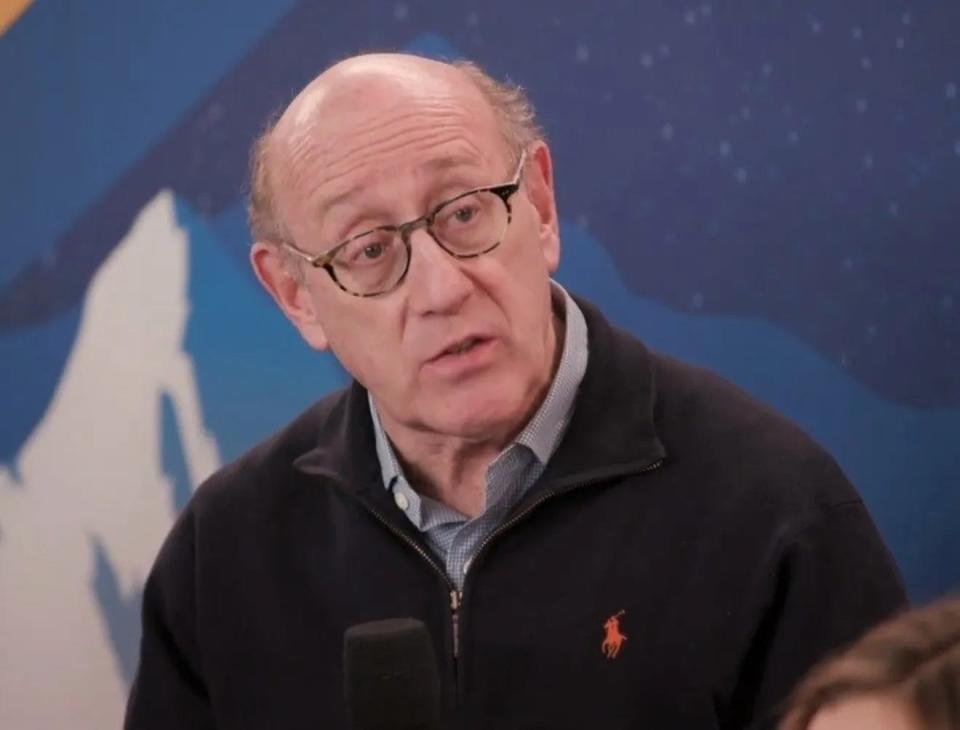
On mediation
I can't imagine a worse job than the jobs you take on, that you volunteer for in many cases. When you were first requested to do this kind of work in 1983, I understand that you hadn't had any training in mediation.
There was no mediation training back in 1983 in law school or anywhere else. I learned courtesy of the school of hard knocks. When Judge (Jack B.) Weinstein, the federal judge who in 1983-84-85 oversaw the Agent Orange lawsuit by Vietnam veterans (some from Brockton), (approached me) I didn't anticipate how to really structure the mediation, I told the judge, you know, I didn't take any course in Agent Orange, I didn't take any course in mediation and he said, ‘No course will help you on this. You’re chief of staff to Sen. (Ted) Kennedy and you'll be able to develop a process and an approach.’ And we did, we did it together and Judge Weinstein was a great mentor and that was the beginning without any training in advance.
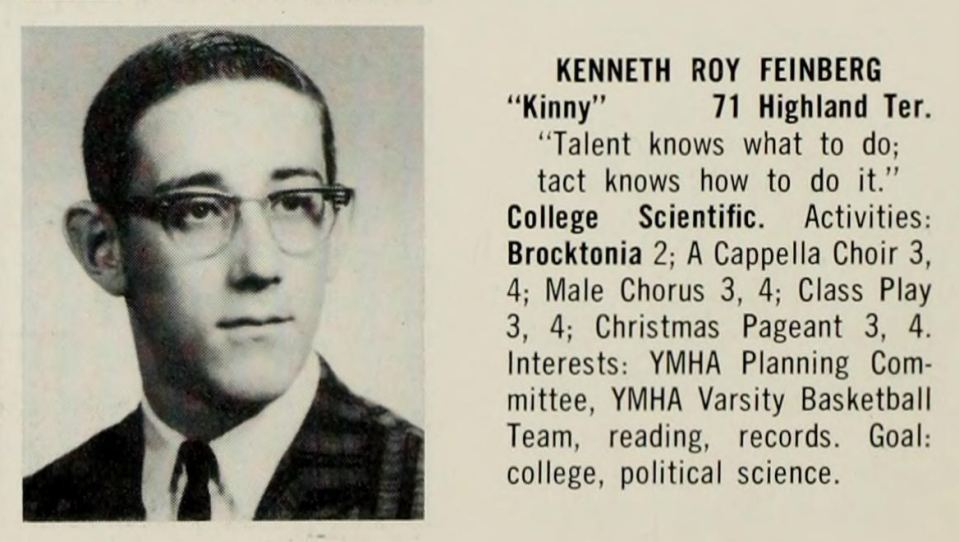
When you were growing up were you the kid on the playground who separated the two people who were fighting?
Well, looking back now, yes, as a kid growing up in the West Side of Brockton on Highland Terrace, going to public schools, Lincoln School, then West Junior High School, and then Brockton High School, I often turned out to be the individual who would choose the sides, would explain to everybody the rules that we abide by. Everybody accepted that. And I can look back now and see a personality and a character growing up in Brockton that would stand me in good stead as an adult, moving forward, far from Brockton, but with certain links to Brockton my entire life and my entire profession.
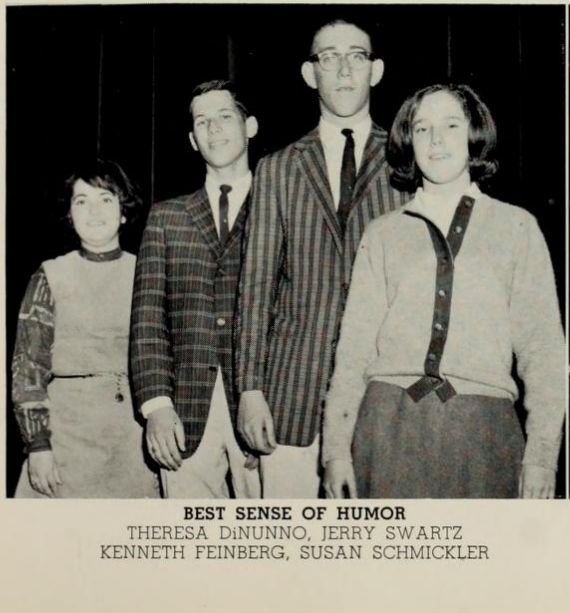
Do you think you've learned anything that could help our readers in their personal lives as they resolve the disputes they're involved in?
Well, I'll tell you a few things that I've learned. One is you become very fatalistic in what I do. You know, life throws curve balls at everyone, no one escapes. Fortunately, most citizens don't have to deal with a 9/11, or the Boston Marathon bombing, or a Sandy Hook, Connecticut, shooting of 25 first-graders. But life has a way of telling individuals, ‘Don't plan too far ahead. You may think you know what life will bring you one, three, five, 10 years from now. You will be proven wrong.'
'My mom did not die in vain': Brockton family reacts to killer's sentence in Cape Verde
And especially for young people who are starting out from high school and college, you may think you know what you want to do with your life, but life has a way of altering the best laid plans. Those 9/11 victims went to work that day in the World Trade Center and their lives were snuffed out in a matter of seconds. Enjoy life because you just don't know where the next curveball will come from. And I think that's a valuable lesson for everybody. Not only not to plan too far ahead, but to protect yourself to the extent you can from life's misfortune.
Everybody should have life insurance and plan B, a healthcare (proxy). You're not going to be able to make decisions about your life in the hospital bed. You should plan an estate, you should have a will. It doesn't matter if there's not much to distribute, a will is important. And I think that if you approach life that way, not afraid but acknowledge the changes that can be forced upon you, I think that's smart, smart planning.
It seems like that's advice about how to prepare yourself and an attitude toward life. Once you're involved in a dispute, are there any tips you would give to people?
Put yourself in the shoes of the other person, the other individual. Don't forget, the overwhelming number of disputes in this country are resolved by the parties themselves, voluntary informal give-and-take negotiation. You don't need Feinberg. You don't need a mediator. You don't need an arbitrator. (For) most disputes, put yourself in the other guy's shoes. What does she or he need in order to resolve this? And then compromise, compromise. If you can reach a voluntary, consensual resolution of the dispute, you control your own destiny and you're not beholden to a court or a lawyer. And then it gets more and more argumentative and difficult. So I've learned that most disputes can be resolved through flexibility, not rigidity and by trying to fashion a creative way to ‘get to yes,’ as they say.
Ready for some high school football?: Levine and friends bring dynamic offense to Southeastern Regional football team in 2022
On 'Worth' biopic
I was struck by the scene where you have your first large-scale meeting with the families. Was it really like that?
It was worse than the depiction in the film of a town hall meeting with 300 people voicing objection to the fund as a concept. That happened on numerous times in New York, in Boston, in California, objections to the idea that money can be a substitute for loss. And it got pretty volatile and pretty emotional and was a very difficult aspect of trying to implement the fund and secure the support of the very families we were trying to help.
I would imagine someone in your position had better people skills than Keaton does at the beginning of that scene. Or was that also accurate?
Oh, I don't know about that, no matter what your people skills might be, the ability at the outset to convey to people the merit of the program. I think that the criticism that I received is reflected pretty accurately in the film. Maybe I was a little bit more empathetic, maybe I tried to build bridges to the audience, but I must say the anger quotient was very large and very emotional, particularly in New York where most of the people were lost. In Boston, it was a little bit more civil and in California, it was much more civil.
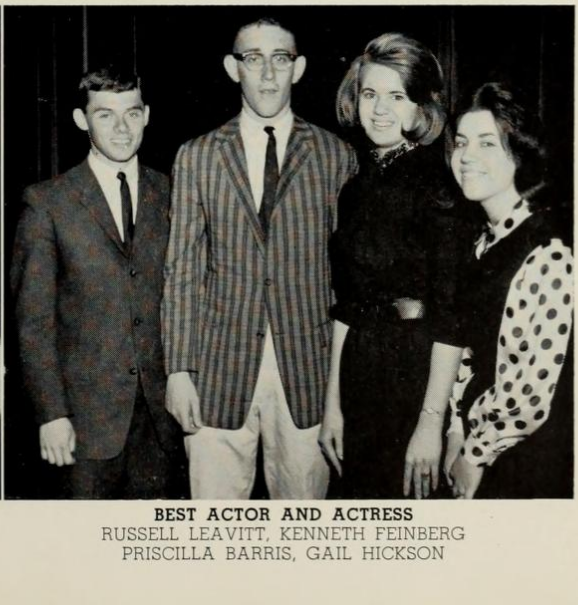
The movie references a 1961 track meet where you came in second to Phil Leonardo. Was that just an odd thing that got in the script somehow? Or is that an important thing for you?
Totally unimportant dramatic license. Dramatic like it never took place. I was a very active and interested competitor in sports, but there was never any track meet and there's no Phil Leonardo or anything like that. What you learn when you watch the movie is that Hollywood requires a certain amount of dramatic license in order to advance the dramatic scheme of the movie. So that was an example of fiction blended into a certain accurate depiction of what we went through.
On Brockton
Can you tell me more about growing up on Highland Terrace?
Yes. When I was working as chief of staff of Sen. Kennedy, who knew all about every part of Massachusetts, he was there so long. And he used to tell me, 'Ken, you and your friends in Brockton have done so well. What is there about Brockton? How did you do it in an urban blue-collar town like Brockton? How did you and your friends growing up manage to succeed the way you did?'
And I used to tell him, well, it's either the Brockton water or we grew up in a very optimistic time, post-World War II, post-Korea, when optimism reigned, a very bright future for anyone who was willing to put their mind to it to succeed to achieve on the merits.
(There was) a very vibrant mix, diversity mix in Brockton, a very vibrant Jewish community, Irish community, Protestant Yankee community. And it was a time when I really do think in the early 50s up through the administration of President Kennedy where I think everybody had an optimistic view that if your put yourself to the grindstone, work hard, achieve on the merits.
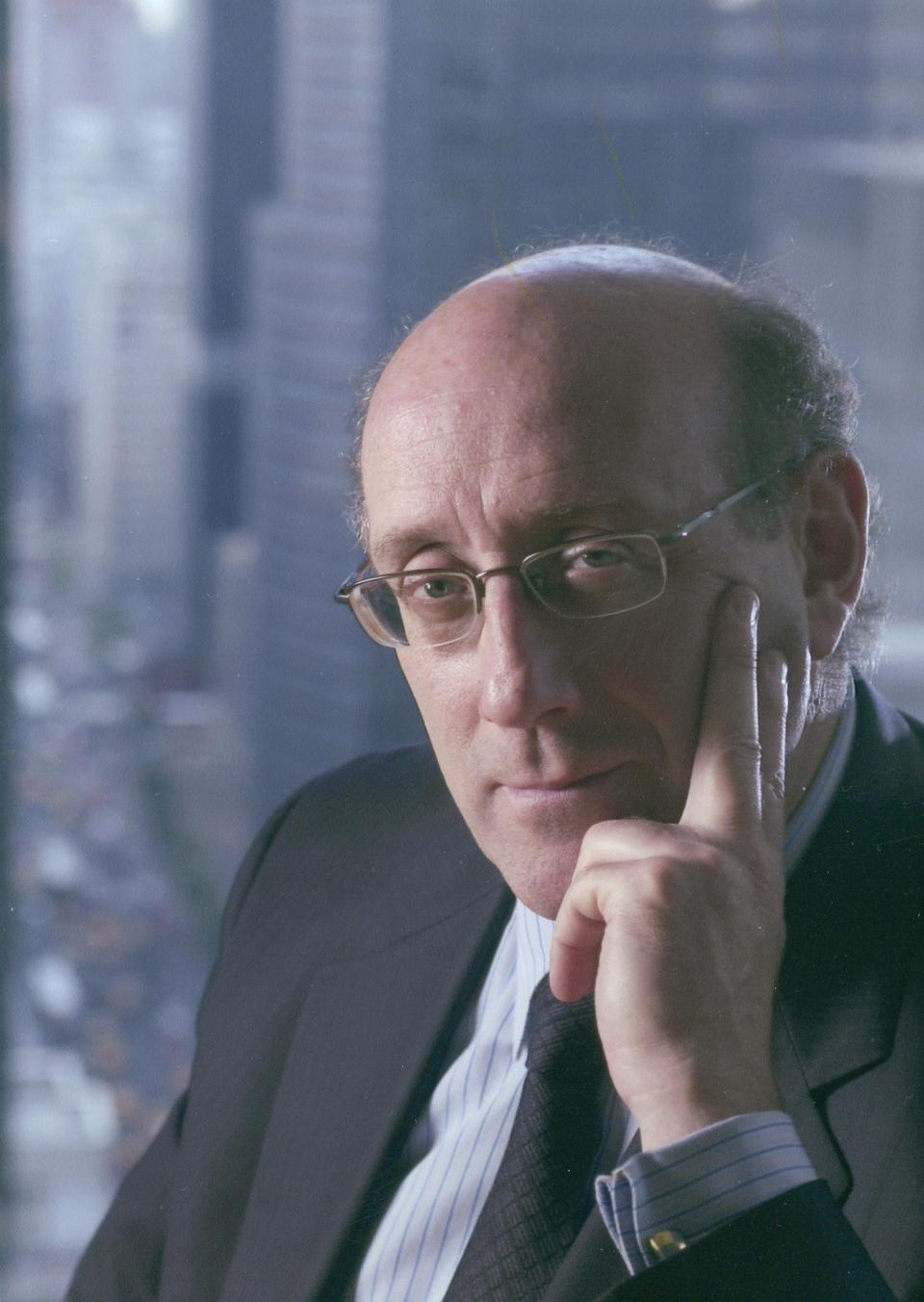
My link to Brockton was an important, fundamental element of my success and I've always felt the need and the responsibility and the obligation to give back to Brockton for all that it provided me as a secular community and, frankly, as a religious community growing up in Brockton when there were still three different synagogues, one on West Elm Street, one on Belmont Ave and one up beyond Thorny Lea golf course on Pearl Street. It was a great place to grow up as a member of the Jewish community as well.
What was your household like growing up?
(It was a) very, very loving household. My mother and father, 71 Highland Terrace, the side off of Spring Street, about a mile or less from downtown Brockton and a home with a mother, father, my younger brother, David, my older sister, Ruth, all graduates of Brockton High School, all graduates of the University of Massachusetts in Amherst. And just about every evening back then we would all gather around the table for dinner and share stories of what went on that day. What were the highlights? What were the challenges? And my mother and father, Martin Feinberg and Dorothy Feinberg, long since passed, but extremely loving and supportive.
We always knew, the three children, whatever the problem, whatever the challenge, we would come home to a family anchored in love and support. And (for) my parents, that was their top priority their entire lives. We were the beneficiaries. I lost my sister about 15 years ago, but my brother, David Feinberg, is still with me in Washington. He works on the business side of the company. He's not a lawyer, but he's been with me since I opened the firm and we occasionally together get back to Brockton, go to the old home on Highland Terrace, knock, ask if we can check it out. We still have friends who, although they don't live in Brockton any longer, they certainly were our lifelong friends growing up.
Could you talk with me a about your experience at Brockton High?
Brockton High was a great experience. Back then, in 1961, 2 and 3 Brockton High was located as you know on West Elm and Warren Ave. by Eldon Keith Field. Brockton High had so many students in such an old cramped high school that there were two buildings and we went to school with double sessions. Some of us went in the morning through lunch and others had to wait until lunch in the afternoon in order to manage to have all the students get through the public school day.
I loved Brockton High School. I met lifelong friends there and every single afternoon, Monday through Friday after we finished school, we were in the morning sessions, so we got through with school around 1, 1:30. My close friends would walk across the street with me to Legion Parkway by the Brockton Y.M.H.A., the Jewish Community Center there, every afternoon we would meet, socialize, meet our friends, play basketball. There was a rec center, a pool, a wonderful, wonderful place, literally a stone's throw from Brockton High School and our day continued right there. My mother was the bookkeeper at the Jewish Community Center. So every day we'd see her, her three children would come to visit say hello and spend the afternoon.
What charity projects or programs in Brockton are you currently helping with?
(Feinberg talks about his support of the Brockton Neighborhood Health Center, renovations to Eldon Keith Field and the Fuller Craft Museum.)
I manage every year to maintain some allegiance to Brockton because I owe so much to Brockton and feel some civic obligation to give back to the town that meant so much to me.
Send your news tips to reporter Chris Helms by email at CHelms@enterprisenews.com or connect on Twitter at @HelmsNews. Thank you, subscribers. You make this coverage possible. If you are not a subscriber, please consider supporting quality local journalism by purchasing a digital or print subscription to The Brockton Enterprise.
This article originally appeared on The Enterprise: Brockton: Ken Feinberg reflects on 'Worth' movie, 9-11 Fund work

